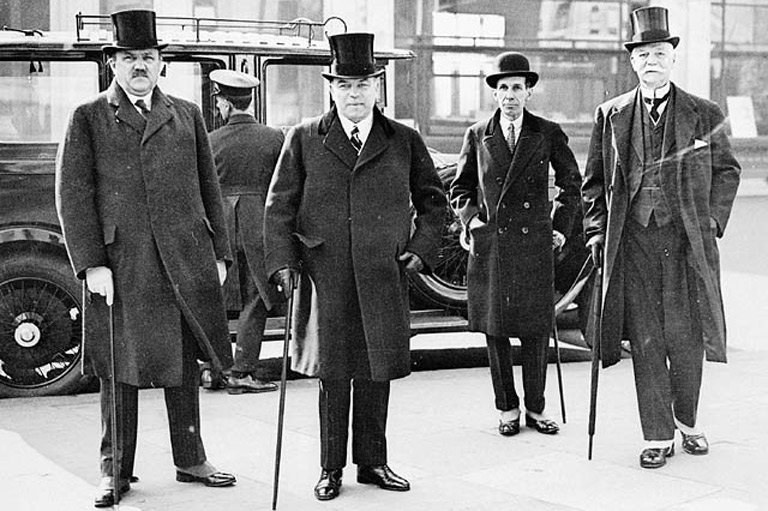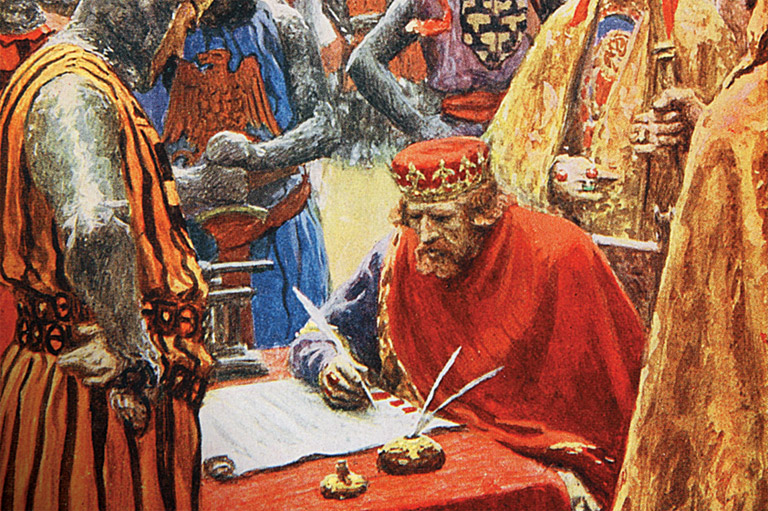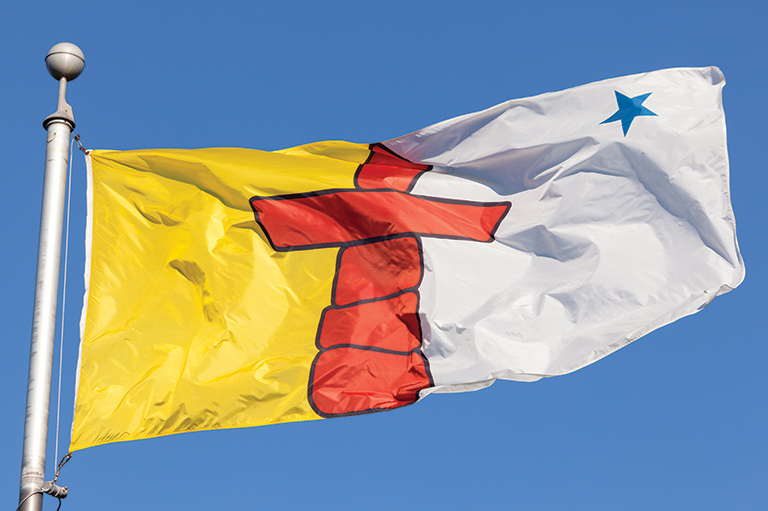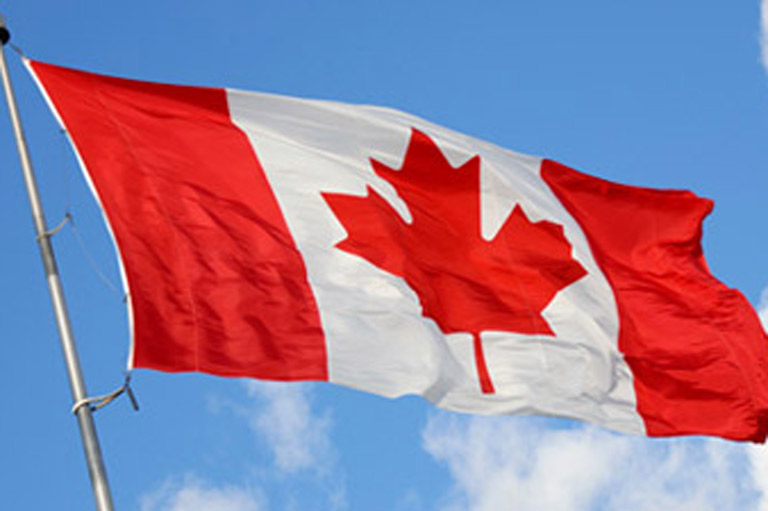Canada's Declaration of Independence
The Statute of Westminster is a momentous, yet often overlooked, occasion in Canadian history. Despite being granted the right to self-government in 1867, Canada did not enjoy full legal autonomy until the Statute was passed on December 11, 1931. 2011 marks the eightieth anniversary of the signing of the Statute of Westminster — Canada’s own declaration of independence.

The Statute of Westminster finds its origins at the Imperial Conference of 1926. Lord Balfour, Britain’s Foreign Minister, suggested that all Dominions be granted full autonomy in their legislations. This would establish equality amongst Britain and the Dominions. These nations included the Dominion of Canada, the colony of Newfoundland, the Commonwealth of Australia, the Dominion of New Zealand, the Union of South Africa, and the Irish Free State.
Prime Minister Mackenzie King and the head of the Department of External Affairs, O.D. Skelton, were determined to achieve autonomy for Canada. In 1929, Skelton attended the Conference on the Operation of Dominion Legislation in London. After two months of negotiations, recommendations were made that would set the resolutions made at the 1926 Imperial Conference in motion. In 1930, the issues were revisited and governments submitted terms of the future Statute to their Parliaments.
It was made clear under the Statute that each of the Dominions would have the right to choose which of the new resolutions it would accept, and which would be rejected in favour of past regulations. All but one of the Dominions chose to adopt every resolution and thus sever all legal ties to Britain; Canada was not fully prepared for complete independence. Government ministers were unable to agree upon a method which could be used to amend the Constitution, so it was decided that Britain would temporarily retain the power to do so. This remained in effect until the Constitution Act was passed in 1982.
Four years after Lord Balfour first suggested independence for the Dominions, negotiations were complete and the Statute of Westminster was signed on December 11, 1931. The act proclaimed that although the Dominions were to remain in allegiance with the Crown, each would be granted full legal autonomy. Britain and its now autonomous Dominions became known as the British Commonwealth of Nations.
Under the Statute, nations were granted the freedom to pass their own laws without the consent of British Parliament, and Britain was no longer able to void or alter laws made in its Dominions. Dominions were also free to amend and repeal their own laws, including ones already in existence. In addition, laws passed by the British government would no longer extend to the Dominions unless the Dominion wished to adopt it. The governments of each Dominion now held the power to build their own legislation without British interference.
It may not be as widely acknowledged as Confederation in its contribution to Canada’s independence, however the Statute of Westminster is arguably a more momentous occasion in Canada’s journey to sovereignty.
The Statute granted Canada independence from British regulations and the freedom to pass, amend, and repeal laws within an autonomous legal system. Full autonomy gave the government the independence it needed to build a legislative foundation upon which Canada still stands today.
With 7 uniquely curated newsletters to choose from, we have something for everyone.
At Canada’s History, we highlight our nation’s past by telling stories that illuminate the people, places, and events that unite us as Canadians, while understanding that diverse past experiences can shape multiple perceptions of our history.
Canada’s History is a registered charity. Generous contributions from readers like you help us explore and celebrate Canada’s diverse stories and make them accessible to all through our free online content.
Please donate to Canada’s History today. Thank you!
Themes associated with this article
Advertisement








